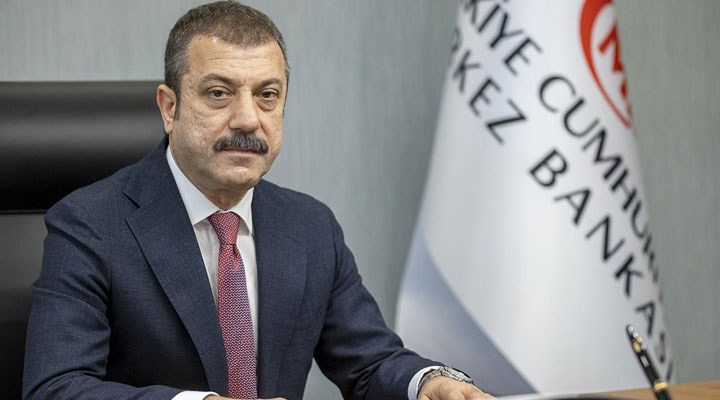Turkey’s Central Bank chief signaled on Dec. 2 that aggressive policy easing will likely pause in January after one more interest rate cut this month, according to participants on an investor call that came after a historic lira selloff.
During the conference, Central Bank Governor Şahap Kavcıoğlu – whom President Recep Tayyip Erdoğan appointed in March – said there was some limited room for another rate cut this month.
Participants of the meeting told Reuters that after a final limited cut in December, the Central Bank will “pause (easing) and watch for some time in 2022.”
During the meeting which was closed to the press, Kavcıoğlu reported signaled that the bank was “almost done for the time being.”
In its policy statement last month, when it cut rates by another 100 basis points, the bank said it would consider using “limited” more room for easing its next meeting on Dec. 16.
Kavdıoğlu added that monetary policy needed to boost investments and exports while limiting imports, and that the effects of the easing would be observed in the first half of 2022, according to the call participants.
He is scheduled to hold another call with foreign investors later on Dec. 2.
Kavcıoğlu replaced a more orthodox governor, Naci Ağbal, who had raised rates significantly before being abruptly ousted by Erdoğan. The president has rapidly overhauled the bank’s leadership and pressured it to cut rates to boost growth and jobs.
The lira hit a record low 14.0 to the dollar earlier this week.
Meanwhile, Erdoğan chose Nureddin Nebati, a strong supporter of his low rate policy, as treasury and finance minister overnight after Lütfi Elvan, who was seen as a more orthodox official, resigned the post.
Elvan, the former finance minister, had asked to be “released from his duties”, according to the Official Gazette, following on the heels of other officials at the central bank and elsewhere who disagreed with the direction of policy.
Nebati, who served three years as a deputy finance minister, last week praised Erdoğan’s drive to bring down interest rates and said that Turkey had sought for years to implement such a policy but had faced strong opposition.
“This time, we are determined to implement it,” he wrote on Twitter, adding that there was “no problem” with keeping interest rates low in current market conditions.
Duvar English
